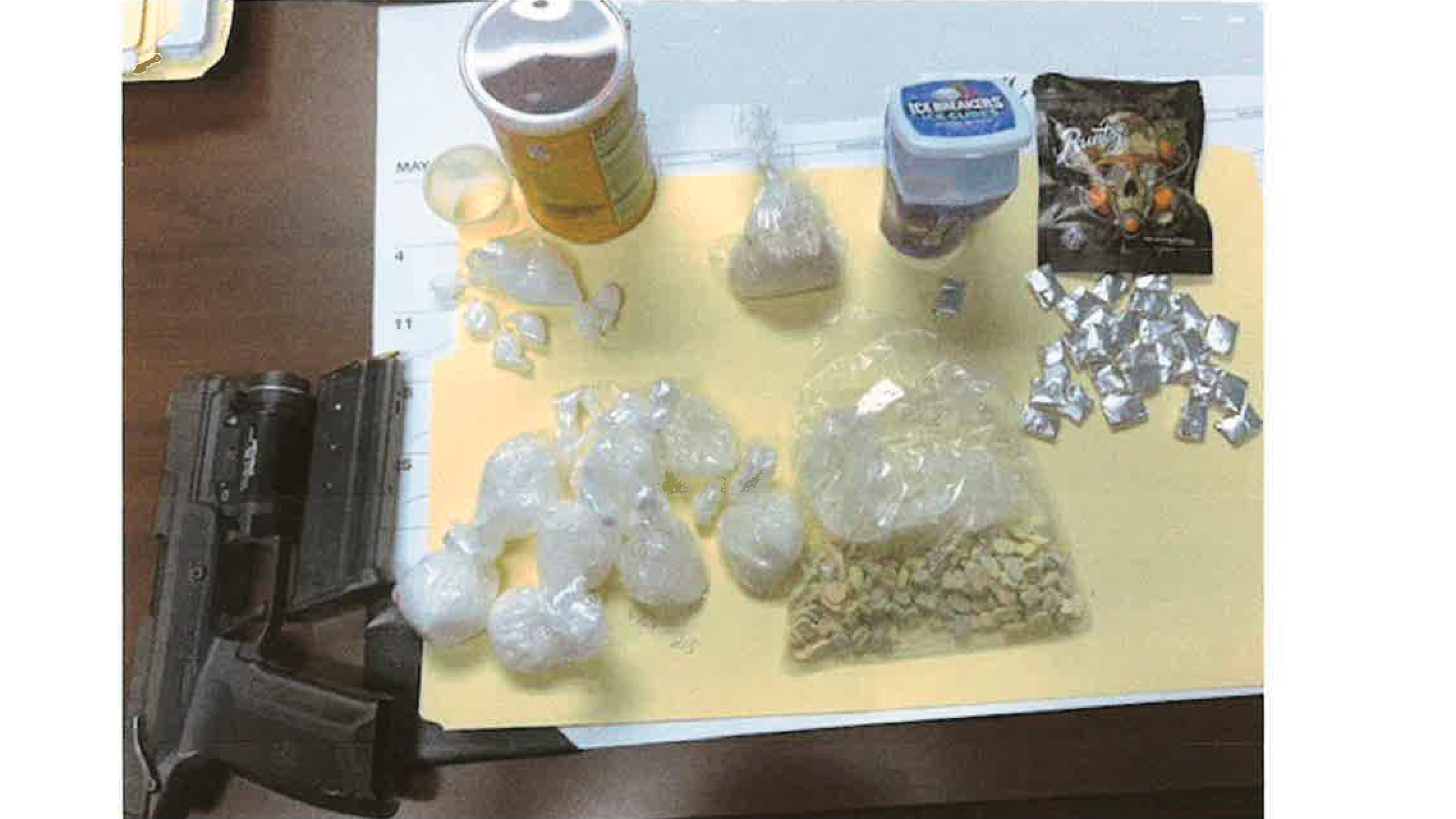DA asks Lincoln County for more funds — Office down $60,000 from regular sources
Published 9:29 pm Monday, June 4, 2018
Sentencing reform and evolving technology have changed the way district attorney offices take in cash, and the local DA isn’t taking in enough.
Lincoln County District Attorney Dee Bates told county supervisors Monday his office is projecting a $60,000 loss for the current fiscal year ending June 30, and he needs funding assistance from the board to make ends meet. Bates wants supervisors to consider upping their allowance to his office by $10,000 to $15,000 when they draft the county’s Fiscal Year 2019 budget. The board’s allotment to Bates’ office now is $11,000.
“I’m asking for assistance with funding,” he said. “Right now, we’re in a $60,000 freefall. The money is flowing out faster than I can stop it.”
Bates gave supervisors a funding analysis showing his office running a net income in the red, with total income from numerous sources — such as county and state allowances, fees from pre-trial diversion programs and other sources — totaling approximately $160,400. The office’s total expenditures totaled around $221,400, with the bulk of expenses coming from a $163,592 payroll.
Lincoln County has kicked in $11,000 so far this year to the DA’s office, while Pike County has contributed more than $32,000. Walthall County has given only $850. Bates said he’s already requested a funding increase from Pike County and will ask Walthall supervisors for an increase, too.
His office serves the 14th Judicial District, which is made up of all three counties — though Walthall, with a population of around 15,000, is less than half the size of Lincoln or Pike.
Bates said he has already worked to reduce expenses by moving storage to a cheaper location and by laying off two employees.
“There are certain costs I can’t cut. I’m kind of down to the bare bones of having a full staff,” he said.
The office’s revenue is down because of two main factors — district attorneys are receiving less in fees from pre-trial diversion programs and bad check investigations, Bates said. Pre-trial fees have declined since 2014, when the Legislature enacted criminal justice reforms that lessened penalties on certain types of offenders, and check-writing has largely fallen out of favor in the general public since the use of debit cards became widespread.
“Before (the reforms), a $500 grand larceny was a felony. Now it’s $1,000,” he said. “When they increased it, that reduced the number of cases I was able to see. Now, they’re handled in justice court. The DA’s office is entitled to a fee from bad checks, and in the ’80s, a lot of people wrote checks. The amount of checks we get in and are able to collect, through the years, is drastically reduced.”
Bates’ handout showed his office taking big losses in both categories. Prosecutors collected more than $99,000 from pre-trial intervention fees last year, but have brought in only $32,082 so far this year. The bad check unit raised more than $70,000 last year, but is down to not quite $24,000 this year.
District 5 Supervisor Doug Falvey alluded to a “high-profile” trial coming up soon in Lincoln County.
“It’s going to cost the county a lot of money, and I think it’s asinine when everybody knows what’s going down,” he said.
He was likely referring to the upcoming capital murder case against Willie Cory Godbolt, who is accused of killing eight people, including a sheriff’s deputy, last May. Supervisors have been looking at cost estimates for the trial, which is expected to be lengthy, require hours of testimony and draw intense media interest.
“I promise I will try to limit the costs, but we also have to follow the Constitution,” Bates said.
Supervisors took no action Monday, but will have to consider Bates’ request when they begin assembling the Fiscal Year 2019 budget in July.
“It’s hard times everywhere,” said District 1 Supervisor and board president the Rev. Jerry Wilson. “It’s difficult to decide anything right now. We’ll just have to wait and see.”




